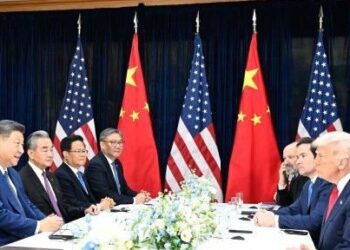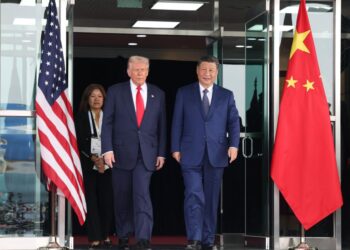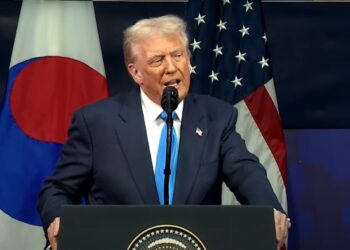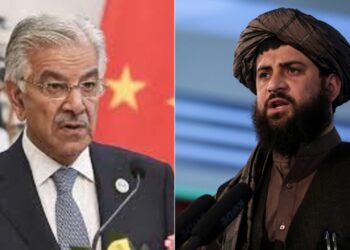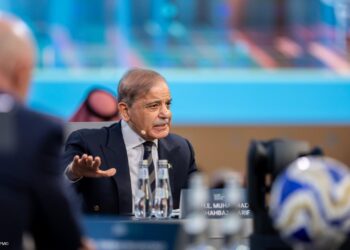Web Desk
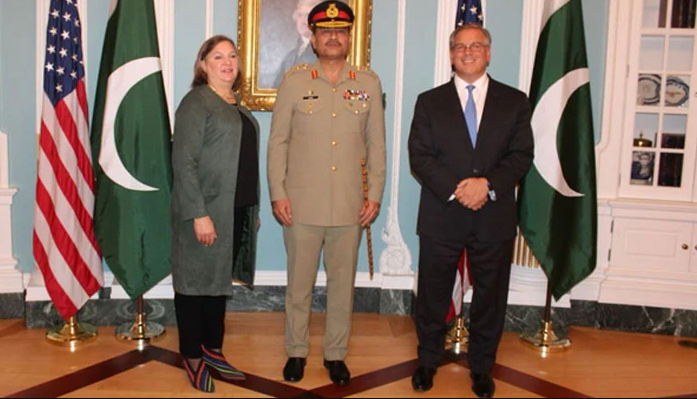
Pakistani diplomacy has seen a notable reset in its relationship with the United States under President Donald Trump’s second term, the Washington Post wrote in an article, published Tuesday, August 19, 2025. According to the U.S. daily, this shift is not rooted in ideological alignment but in an expertly executed charm offensive led by Pakistan’s army chief, Field Marshal Asim Munir, aimed at bridging longstanding diplomatic gaps.
A New Era of Engagement
The report noted that Pakistan, long balancing its ties between Washington and Beijing, has taken a bold step by engaging directly with Trump’s White House. Unlike past military leaders who focused narrowly on security cooperation, Munir has expanded the agenda to include energy, investment, and regional stability. This approach has helped Pakistan reposition itself as a pragmatic partner rather than a reluctant ally.
Strategic Calculations
According to the Washington Post, Pakistan’s outreach is not based on shared ideology but on strategic necessity. With India growing closer to the United States in defense and technology, Islamabad has sought to ensure that its own interests are not sidelined. Munir’s diplomatic overtures have included promises of counterterrorism cooperation, opportunities for U.S. companies in Pakistan’s energy sector, and a softer tone on contentious regional disputes.
Trump’s Reception
President Trump, known for transactional diplomacy, has reportedly welcomed Munir’s overtures. Sources cited in the article suggested that Trump views Pakistan as a useful counterbalance to India’s rising influence. Trump has also expressed interest in potential deals that could grant American firms access to Pakistan’s untapped energy markets, particularly in oil and gas exploration.
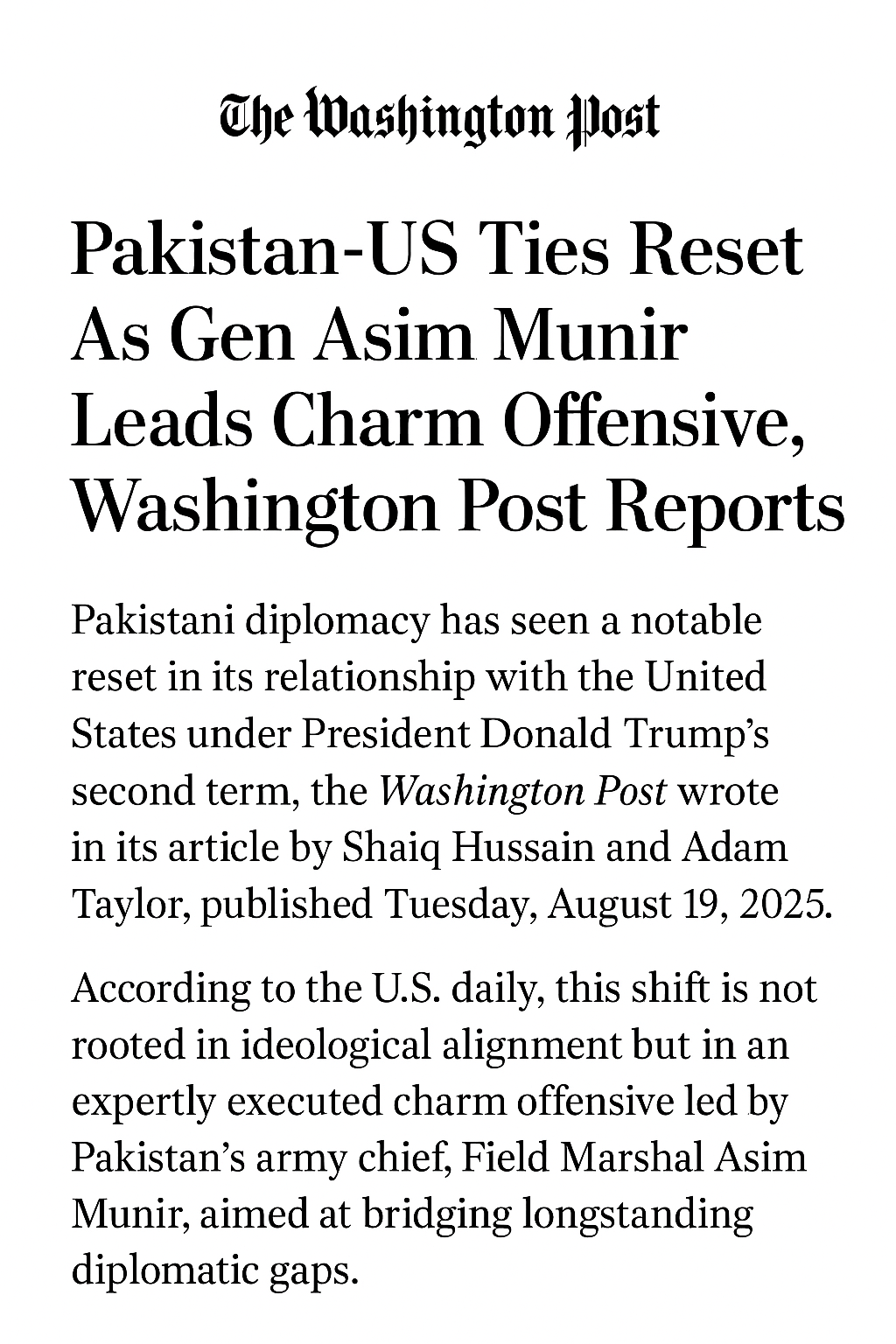
Regional Implications
The article highlighted that this warming of ties could reshape South Asia’s geopolitical balance. For years, Washington’s tilt toward India had created unease in Islamabad. Now, the possibility of renewed military and economic cooperation with the U.S. offers Pakistan leverage both regionally and internationally. Analysts quoted in the report suggested that closer U.S.-Pakistan ties may add pressure on New Delhi, which has positioned itself as Washington’s closest partner in Asia.
Balancing China and the U.S.
While strengthening ties with Washington, Pakistan has not abandoned Beijing. The Washington Post noted that Islamabad continues to rely heavily on Chinese investments, particularly through the China-Pakistan Economic Corridor (CPEC). However, Munir’s diplomacy suggests a recalibration: rather than aligning solely with China, Pakistan appears to be diversifying its options by courting both great powers simultaneously.
Domestic and International Reactions
The outreach has drawn mixed reactions. Some domestic critics fear overreliance on Trump’s unpredictable administration could backfire. Others argue that renewed U.S. engagement provides much-needed economic opportunities at a time when Pakistan faces mounting fiscal challenges. Internationally, India has reportedly expressed concern over Washington’s openness to Islamabad’s overtures, particularly in the context of defense and intelligence cooperation.
Conclusion
As the Washington Post concluded, Pakistan’s evolving diplomacy under General Asim Munir represents a pragmatic attempt to reset ties with Washington after years of mistrust. The strategy, rooted in charm, timing, and careful balancing, may signal the beginning of a new chapter in U.S.-Pakistan relations — one where Islamabad seeks to avoid being overshadowed by India while securing both economic and security dividends from Washington.
Source: The Washington Post, “Pakistan’s Munir Pulls Off Charm Offensive in Trump’s Washington,” by Shaiq Hussain and Adam Taylor, August 19, 2025.

